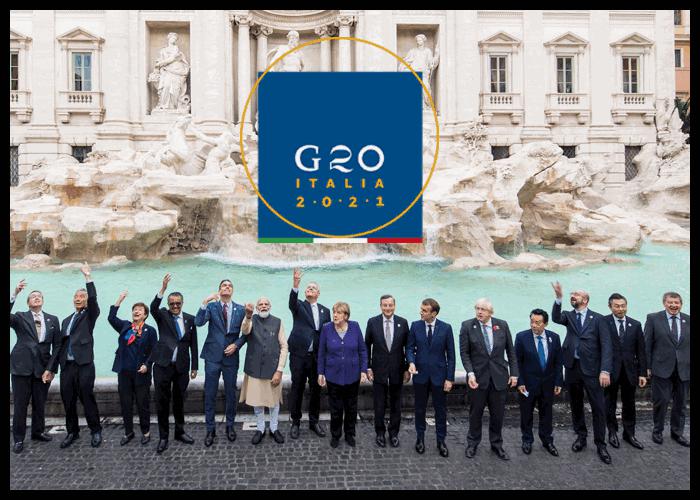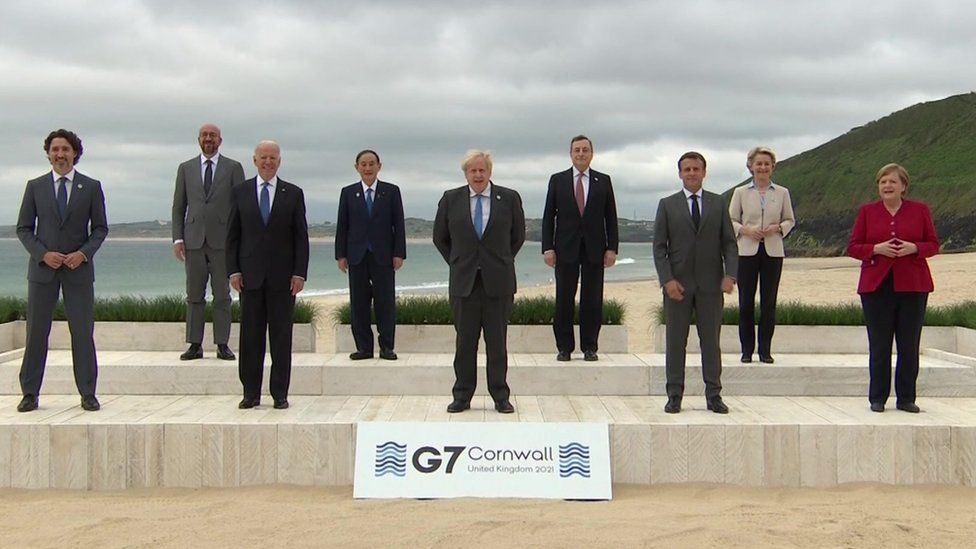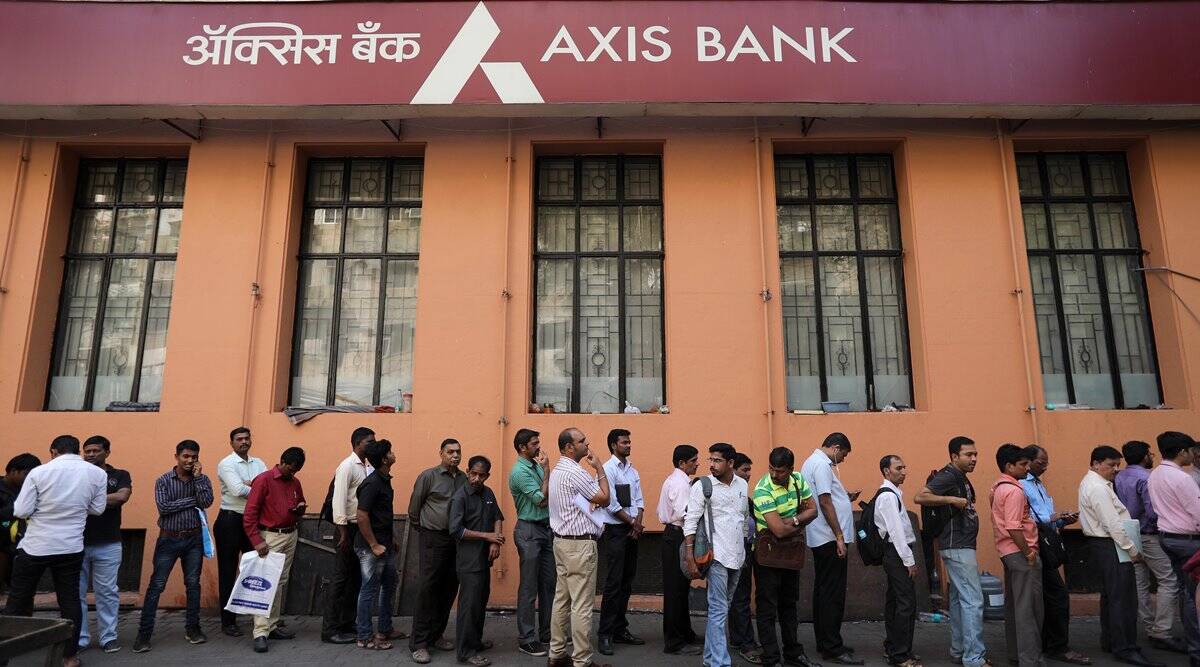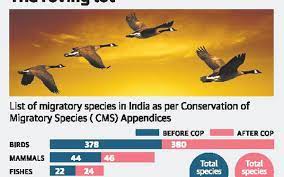G-20 Summit- Rome Declaration
The G-20 Summit was concluded on October 31, 2021. During the summit, Rome Declaration was adopted.
The G20 or Group of Twenty is an intergovernmental forum comprising 19 countries and the European Union (EU).
It works to address major issues related to the global economy, such as international financial stability, climate change mitigation, and sustainable development.
The G20 is composed of most of the world's largest economies, including both industrialized and developing nations, and accounts for around 90% of gross world product (GWP), 75–80% of international trade .
The leaders elaborated deliberations on issues of global importance like fighting covid-19 pandemic, improving health infrastructure, strengthening economic cooperation and furthering innovation.
- ‘Rome Declaration’ was adopted. Countries agreed on the fact that, Covid-19 immunisation is a global public good.
Rome Declaration
The Rome Declaration consists of 16 mutually agreed principles, which aims to guide joint action for preventing future health crises and to build a safer, equitable and sustainable world. 16 principles are as follows:
- Supporting and enhancing the existing multilateral health architecture for detection, response, prevention and preparedness.
- Working towards monitoring & implementation of multi-sectoral, evidence-based One Health approach in a bid to address risks emerging due to interface between human, animal & environment.
- Fostering all-of-society and health-in-all policies.
- Promotion of multilateral trading system
- Enabling equitable, affordable and global access to high-quality, safe & effective health systems.
- Supporting low and middle-income countries in a bid to build expertise, and develop local & regional manufacturing capacities.
- Focus on data sharing, capacity building, voluntary technology and licensing agreements.
- Enhancing support to existing preparedness and prevention structures.
- Investing in worldwide health & care workforce
-Countries agreed that the World Health Organisation (WHO) will be strengthened to fast-track the process for emergency use authorisation of Covid-19 vaccines.




.jpg)


.jpg)
.jpg)





